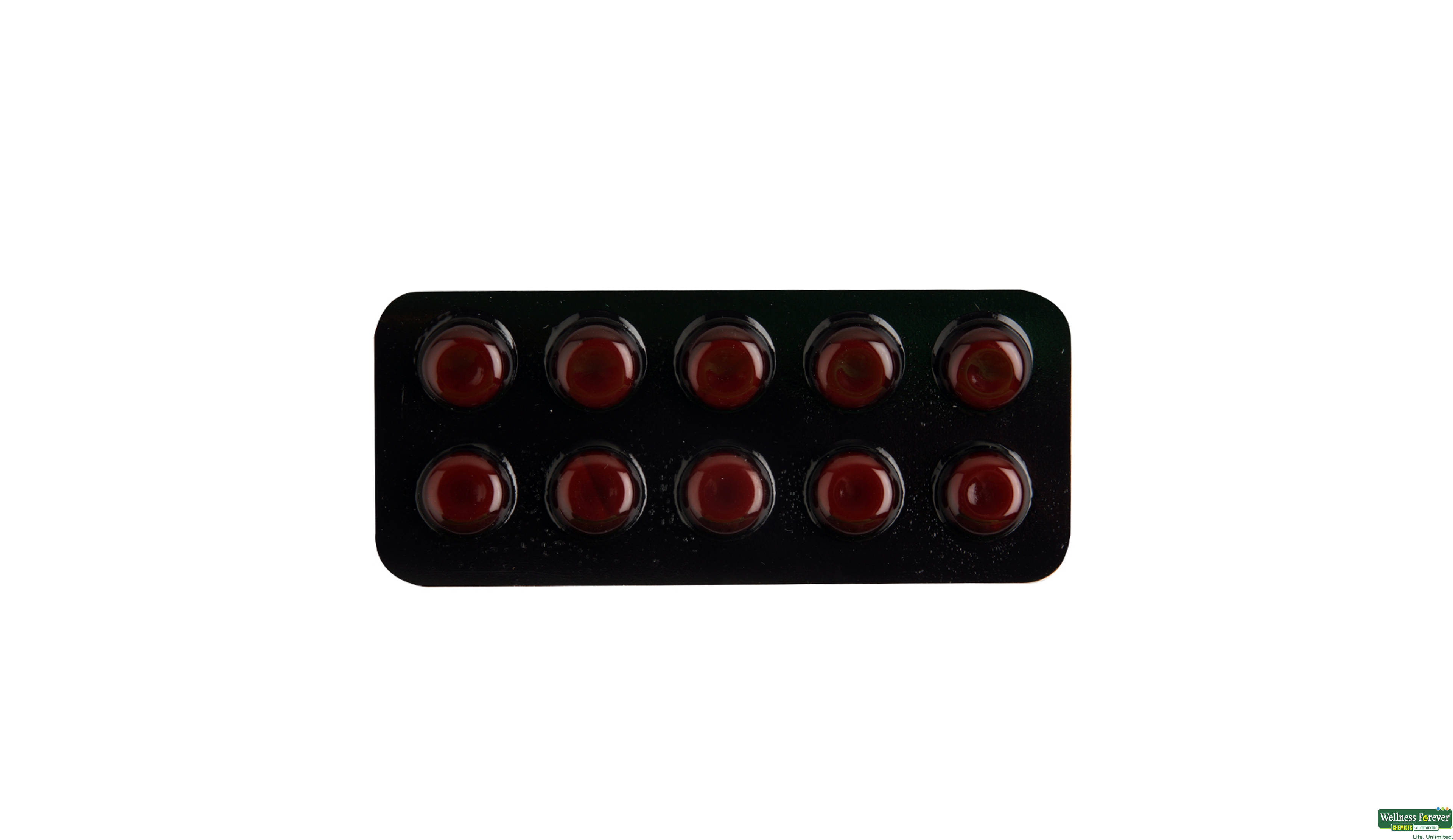
5% Off

5% Off
Atrest 12.5mg 10 Tablets
marketed by CENTAUR (SHASHVATAM)
• 10TAB
Prescription Required
₹194.25
M.R.P.: ₹204.47
5% Off
Inclusive of all taxes
Choose pack size
Product description
Atrest tablet is used to treat chorea associated with huntington's disease (a condition in which nerve cells in the brain break down over time), thus deteriorating the person's physical and mental abilities. Atrest helps to enhance the quality of life by improving the ability to carry out daily functions in a better manner. It also helps to relieve uncontrollable and jerky movements of the body.
Pregnancy Lactating mothers Liver problems Kidney disorders Alcohol Blood disorders Patients receiving reserpine, levodopa. Activity suicidal Depression Hepatic impairment .
Babies: It is not applicable.
Lactating mothers: It is contraindicated.
You need to consult your doctor.
Pregnancy: It is contraindicated in pregnancy.
Need to seek doctor's advice
Driving: Atrest tablet causes drowsiness and impaired ability to drive.
Do not drive if you feel sleepy.
Alcohol: Avoid consumption of alcohol while taking atrest tablets as it causes excessive sleepiness.
Kidney: Atrest tablets should be used in caution with patients suffering from kidney disease.
Dosage adjustment is required, and regular monitoring of kidney function may be required.
Seek a doctor's advice before using this medication.
Liver: Atrest tablets should be used in caution with patients suffering from liver disease.
Dosage adjustment is required, and regular monitoring of liver function may be required.
Seek a doctor's advice before using this medication.
Atrest tablets might not be recommended in severe liver disease..
Nausea Vomiting Tiredness Insomnia (difficulty in sleeping) Anxiety Fatigue Sleepiness Akathisia (inability to stay still) Depression Drowsiness.
Atrest tablet is a monoamine depletor, its exact mechanism is unknown. It depletes monoamine such as dopamine, serotonin, norepinephrine, and histamine from nerve terminals. It helps in controlling body movements..
If you miss a dose, take it as soon as possible.
If it is near the time of the next dose, then skip the missed dose.
Take the prescribed dose on your regular time daily.
Don't double the dose to catch up with the missed dose..
• You have been prescribed a atrest tablet to control movement disorders such as huntington's disease.
A atrest tablet needs to be taken as directed by your doctor.
• Inform your doctor if you have any medical problems like heart diseases, liver, lung, kidney problems and parkinson's disease etc.
• Inform your doctor if you have prescribed reserpine, deuatrest, valbenazine, or a monoamine oxidase (mao) inhibitor or stopped taking a monoamine oxidase inhibitor within the past two weeks or stopped taking reserpine in the last 20 days.
• Inform your doctor if you are on any other medications, as it might cause interactions.
• Be cautious while driving or doing anything that requires concentration, as atrest tablets can cause dizziness and sleepiness.
• Inform your doctor if you experience symptoms such as high fever, sweating, muscle stiffness, and faster breathing.
These may be due to a rare side effect known as a neuroleptic malignant syndrome.
• Inform your doctor if you develop any unusual changes in mood/behaviour, new or worsening depression, or suicidal thoughts or behaviour.
• Do not stop taking atrest tablets without talking to your doctor first as it may cause worsening of symptoms.
• Inform your doctor if you are pregnant or intends to be pregnant.
.
Contraindicated
• Atrest + Brofaromine: Concurrent use of atrest and monoamine oxidase inhibitors may result in elevated catecholamine levels
• Atrest + Deuatrest: Concurrent use leads in depletion of monoamines in central nervous system.
• Atrest + Sparfloxacin: Concurrent use leads in increased risk of qt- interval prolongation.
Serious
• Atrest + Acecainide: Concurrent use of atrest & class iii antiarrhythmics leads to increase in risk of qt interval prolongation.
• Atrest + Flecainide: Concurrent use leads to increased risk of qt interval prolongation and torsade de pointes.
• Atrest + Metronidazole: Concurrent use leads to increase qt interval prolongation and arrhythmias.
• Atrest + Sodium phosphate: Concurrent use leads to increase in qt interval prolongation and torsade de pointes.
Monitor closely
• Atrest + Paroxetine: Concurrent use may result in increase exposure to atrest..
100% Authentic
Easy Return
FAQ
Ans: Atrest tablet is a monoamine depletor. It depletes monoamine such as dopamine, serotonin, norepinephrine, and histamine from nerve terminals. Its help in controlling body movements.
2. What are the uses of atrest?
Ans: Atrest tablet is used to treat chorea associated with huntington's disease (a condition in which nerve cells in the brain break down over time), thus deteriorating the person's physical and mental abilities. It also helps to relieve uncontrollable and jerky movements of the body.
3. What are the side effects of atrest?
Ans: Most common side effects of this medication are nausea, vomiting, tiredness, insomnia (difficulty in sleeping), anxiety, fatigue, sleepiness, akathisia (inability to stay still), depression and drowsiness.
4. How long do I need to use this medication to see improvement in my condition?
Ans: Your doctor will suggest you according to your medical condition. Do not stop or exceed the dose. Follow your prescription.
5. At what frequency atrest needs to be taken?
Ans: This medication needs to be taken in dosage and frequency as prescribed by your doctor.

